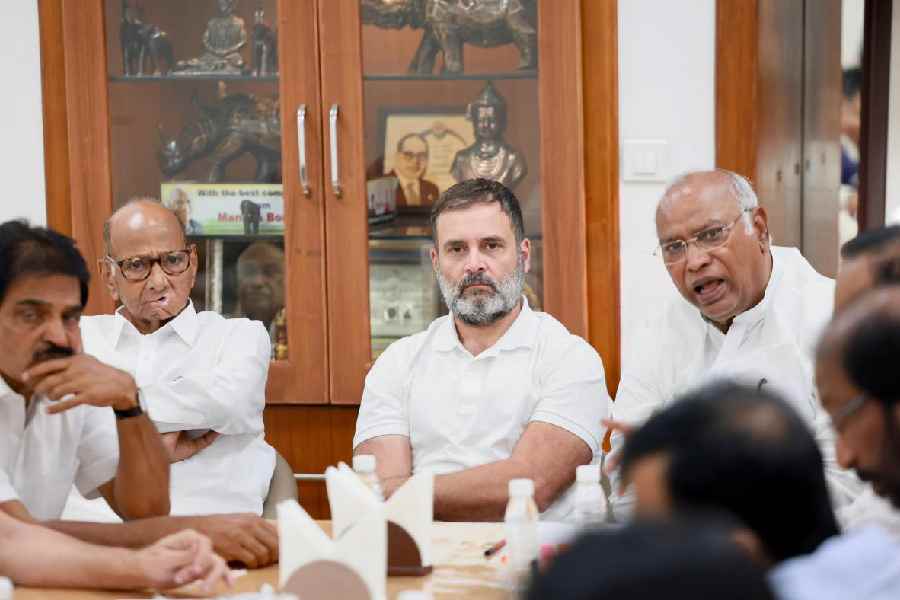The budget’s incentives for job creation and schemes for internship with top companies and skills training:
Incentive-I: The government will provide a month’s salary — up to ₹15,000 — to all new employees registered with the EPFO with less than ₹1 lakh as monthly salary, encouraging the hiring of first-time workers.
The subsidy will be paid in three instalments. The employee must undergo a compulsory online financial literacy course before claiming the second instalment.
Incentive-II: The government will provide portions of the EPFO contributions of both employee and employer, with certain provisos, for
four years.
Employers who hire an additional 50-plus youths or 25 per cent of their baseline workers’ strength — whichever is lower — will be eligible.
The government will pay 24 per cent of the salary for the first two years, 16 per cent in the third year and 8 per cent in the fourth year. The amount will be divided equally between employer’s and employee’s EPFO contribution.
These percentages will be calculated on the maximum base of ₹25,000 a month — whatever the employee’s actual salary. Those earning over ₹1 lakh a month will be ineligible for the benefit.
If the employer fails to maintain the stipulated hiring level throughout, the subsidy will stop.
The employer must refund the subsidy if the employment ends within 12 months of recruitment.
Incentive-III: For two years, the government will reimburse EPFO employer contributions up to ₹3,000 a month for new employees hired the previous year.
To be eligible, employers with less than 50 employees must add at least 2 employees, and those with over 50 baseline workers must add at least 5 employees.
Internship scheme: One crore youths to get internship opportunities for 12 months with 500 top companies over five years, against a monthly allowance of ₹5,000. The companies will bear the training cost and part of the internship cost from their CSR funds.
Youths aged 21 to 24 years will be eligible. But graduates of elite institutions like the IITs, IIMs and the IISERs — and those from families where any member pays income tax or has a government job — will be ineligible.
Half the time during the internship will be spent acquiring actual work experience as opposed to the classroom. Company participation is voluntary. The companies will select the candidates from a shortlist.
Skilling scheme: Twenty lakh youths will be given skills training over a five-year period, and 1,000 Industrial Training Institutes will be upgraded.
Reaction: Sunil Ray, economist and former director of the A.N. Sinha Institute of Social Studies, Patna, welcomed the internship scheme but found the employer incentive schemes impractical.
“The three schemes appear overlapping and confusing. The idea to incentivise corporates to hire extra workers is unlikely to work on the ground. Private companies operate as per their cost-benefit analysis. Just because the government is giving some incentives, the need for (extra) workforce will not increase in the private companies suddenly,” he said.











